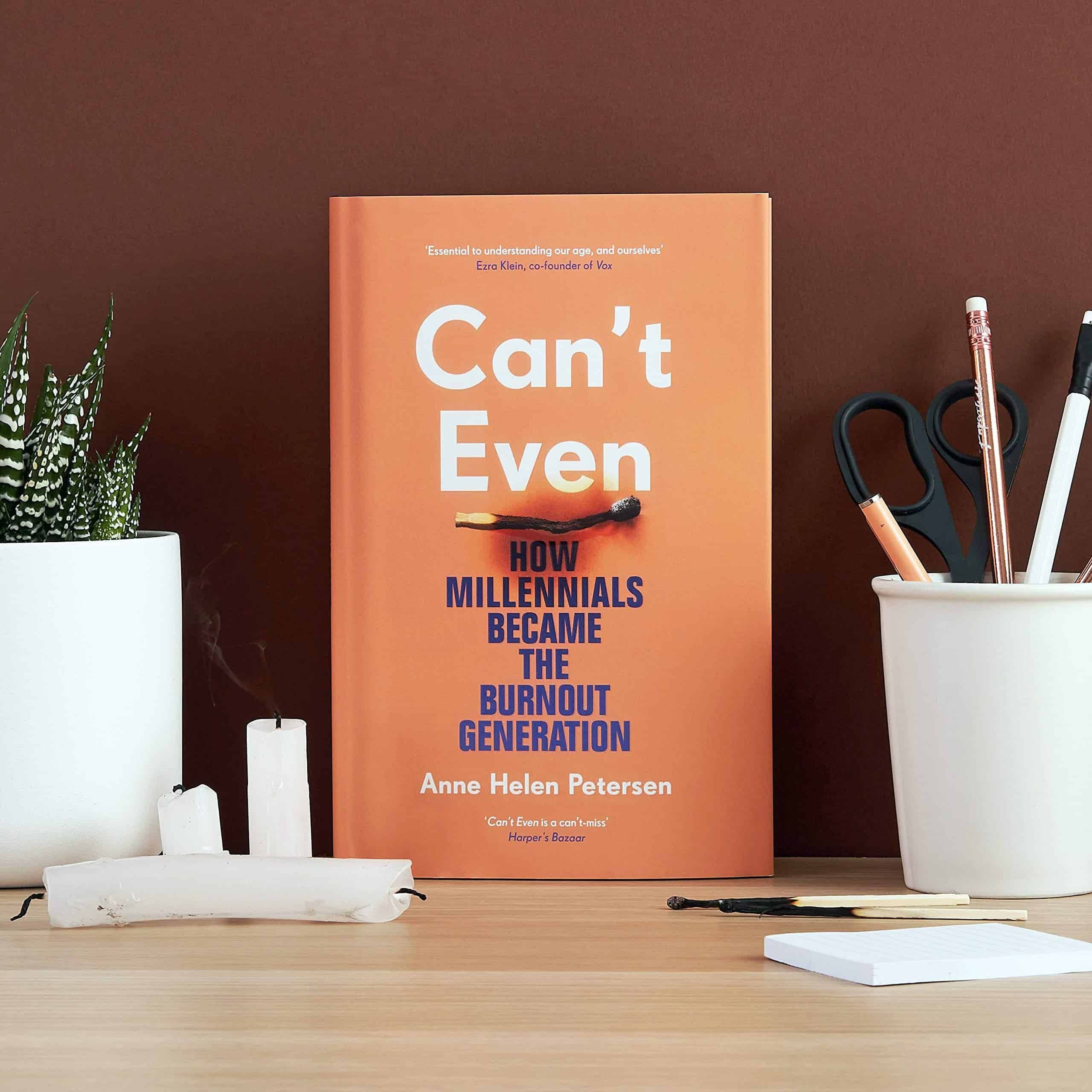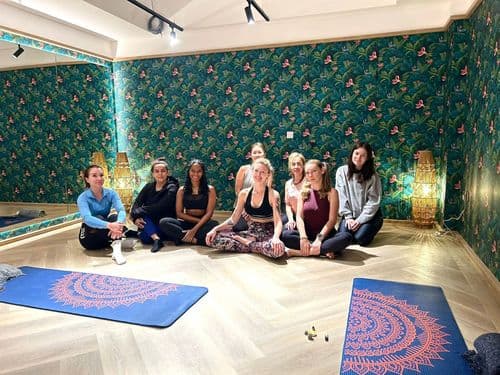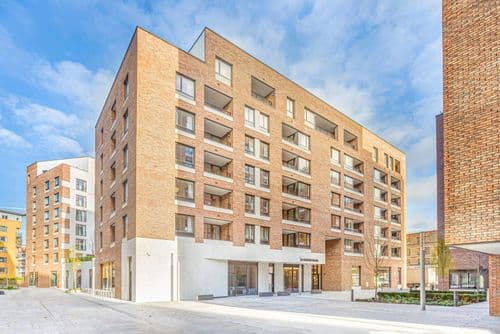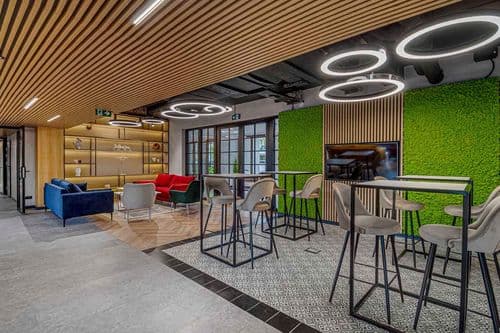Millennial Burnout: and how we fix it
Millennial Burnout what is it & how we fix it by Vonder
Millennial burnout: what exactly does it mean, and is it something we can fix?
The concept of millennial burnout was first conceptualised by Anne Helen Petersen in a Buzzfeed article and then in her book ‘Can’t Even: How Millennials Became the Burnout Generation.’ Her argument is that millennials (those born between 1981 and 1996) are facing unprecedented stress in all areas of their lives, which is leading to scary levels of burnout, anxiety and depression.

Anne Helen Petersen's book ' Can't Even - How Millennials Became the Burnout Generation.
There is no denying that millennials, the world over, had it rough coming of age and graduating, as many of them did, in the midst of the 2008 global economic recession. They were sold a promise, that a university degree was the key to a secure, successful working life, and for many it hasn’t happened. The world has changed, job insecurity is on the rise, salary increases over the last ten years are at their lowest ever, and living (including the essentials of housing, food etc.) got expensive. In 2018, 32% of 18-24 years identified housing a key source of stress in their lives.
Many of the key life moments that define adulthood, buying a home, marriage and starting a family, are out of reach for many millennials for economic, and social reasons. This creates a level of stress all of its own. Throw in a global pandemic, another looming economic recession, and things start to look bleak all around. Cap this off with increasing levels of student debt, and things go from bad to worse.
Millennials are also battling a work life balance that seems to dominate most of their working hours. In a connected world, it is almost impossible to escape completely from work, even when you are not at work. Emails can be answered from anywhere, at any time and switching off gets harder and harder. Throw in the impact of social media, and increasing hours of the day lived online, and there is a need to address how we manage a work life balance, where the lines between the two are increasingly blurred.
There is a pressure also on millennials to always succeed. To do what they love, and to do it well, while still earning enough to afford rent. 62% of 18-24 year old's attributed their higher stress levels to a pressure to succeed. Balancing being successful in our work, and social arenas, plus throw in family expectations too, and burnout becomes much more likely.
How do we solve the problem of millennial burnout?
There are changes that need to be made at a systematic level. Relieving student debt is one example of this.
However there is also growing evidence that millennials are done waiting for the system to change, and are taking matters into their own hands when it comes to improving their lives. They are starting to demand more flexibility in how and where they work (a movement the pandemic of 2020-1 has actually helped as unprecedented numbers of people have been moved to working from home) and they are pushing back against a system that demands people are always connected, and always working. There is much more of an emphasis on self care, and taking the time to disconnect and relax.

There is much more of an emphasis on disconnecting and relaxing. Image by Austin Distel.
There is also a growing demand for a new way of living. One that eschews the ‘I can do it on my own’ approach to life, and opts instead for a way of living that believes community and connections are the key to a happy and successful life. Millennials are demanding in-person connections, more than ever before, and they are demanding housing options that reflect this.
This is where evolved co-living comes in. Housing that puts experiences and quality of life first, for a generation of people who know that they can not rely on the system to change, they have to change the system themselves.
A revolution is growing, in how we all opt to live, work and play. From the ashes of millennial burnout comes the opportunity for something much better to rise. An emphasis on shared experiences, over things, a better work-life balance, an emphasis on success through connection and community rather than the pursuit of goods and products, and an awareness that we have the ability to shape how we live and work in the future. We can claim the control back, if we choose to.

Millennials are demanding in-person connections. Image by Hillary Ungson.

Vonder Community Yoga Classes in Wembley, Munich and Beyond
Community Yoga Classes in Wembley, Munich, Warsaw & More
READ MORE
Co living East London With Vonder Shoreditch
Experience the best of modern living in London
READ MORE
What are Community Spaces & why are they important?
What are Community Spaces & why they matter by Vonder
READ MORE